National Heart Awareness Month: A Different...
Neurology Claims: Neurosurgery Compensation & Neurological Negligence Claims.
Few injuries are as life-altering as those affecting the brain, spine, or nervous system, they can change everything in a moment.
When something goes wrong during neurological treatment or neurosurgery, the consequences can be overwhelming. You may be left with permanent mobility issues, cognitive impairment, loss of independence, or chronic pain. These outcomes are difficult enough to live with, but when they result from avoidable medical errors, the sense of loss and injustice can be even harder to bear.
At Lanyon Bowdler, we understand how serious these cases are. Our nationally recognised Medical Negligence Team has extensive experience in handling Neurology Claims, including those involving delayed diagnosis, surgical errors, and negligent post-operative care. Whether your treatment took place through the NHS or privately, we will take the time to investigate what went wrong, and whether it could have been prevented.
If you or a loved one has suffered avoidable harm due to substandard neurological care, we’re here to support you every step of the way, with clear advice, compassionate guidance, and a commitment to securing the compensation and answers you deserve.
Examples of Neurology & Neurosurgery Negligence
Neurology and neurosurgery negligence can occur for various reasons. For example, a doctor may prescribe treatment for epilepsy and make a medication error, such as the wrong dosage or wrong medication; this can cause harmful effects and potentially prevent you from receiving the treatment you need.
If a medical practitioner fails to diagnose a cancerous brain tumour, this could also be defined as negligence. In this instance, the patient’s cancer may spread, requiring more aggressive treatment or leading to terminal cancer for which there is no cure.
Similarly, misdiagnosis of a spinal condition can have detrimental effects, causing the condition to worsen over time, even potentially leading to incontinence or disability.
Complications can also arise during surgical procedures, causing the patient to experience more pain and suffering than if the surgery went to plan. For example, the doctor could make an incision in the wrong area, causing additional injury.
If you’ve suffered injury or worsening of your condition that you feel would not have occurred if you’d received adequate care, you may be entitled to compensation.
Our neurology negligence claims expertise
We are a highly awarded law firm which consistently achieves great outcomes. Our medical negligence solicitors have a wealth of experience in handling neurology negligence claims.
The Medical Negligence Department is recognised in Tier One for the West Midlands in the 2026 edition of Legal 500. A testimonial states “The clinical negligence team at Lanyon Bowdler are committed, passionate, compassionate and caring. They take time to fully understand their client’s needs and wishes and provide the necessary support and care to holistically manage their client’s case.”
The Chambers UK guide 2026 ranks the department in Band One for the Midlands; it states, “an impressive practice group with a growing presence across the West Midlands. The team offers specialist advice across the full gamut of clinical negligence mandates, with particular experience in cases of surgical error, delayed diagnosis and failure to supervise those at risk of suicide. The firm is additionally skilled in cases relating to post-surgical negligence, brain injury and fatal claims.”
Legal 500 & Chambers UK state the following about our team:
- “The team replies to correspondence exceptionally quickly, solves issues fast and always provides relevant information and keeps you up to date at all times.”
- “Lanyon Bowdler has a very big presence in the Midlands. It sets very high standards and goes well beyond what is necessary.”
- “The team is extremely supportive and is very good at communicating on all points. The team goes into great detail to get the best outcome.”
- “This is a fantastic clinical negligence team that punches significantly above its weight, competing with top class London firms.”
- “Great team for clin neg work, certainly the stand out team in Shropshire and the surrounding area. Well resourced, offering high quality advice and excellent client care.”
Some our recent successes for our clients include:
- £4.4m lump sum and £500,000 per year for life (estimated total value of £10.2m) secured for delayed diagnosis of stroke.
- Secured a £1.1m settlement negotiated at mediation for maternal injury claim notwithstanding initial denial of liability and disputed extent of injury suffered.
- Secured a £1.3m settlement achieved in complex spinal injury claim despite liability being disputed and the defendant valuing the claim at only £300,000.
- Achieved settlement of a stroke case involving highly complex medical evidence from over 20 experts. Liability remained strongly defended, and the cause and nature of the injury were robustly disputed, but compensation of £325,000 was achieved.
Most medical negligence cases we handle are done so on a Conditional Fee Agreement (CFA) also known as a No Win No Fee Agreement, meaning there is no financial risk to you in respect of your solicitors’ costs should the claim be unsuccessful— full details will be provided during your first appointment.
With funding by CFA supported by After the Event insurance, should your medical negligence case be unsuccessful, your solicitor will not charge you for the work they have done, and the insurance taken out at the start of your claim will cover the other costs and expenses incurred as the case proceeded. There are no upfront costs for you to be concerned about and security that if your claim is unsuccessful, you will not be face with a bill for your legal costs.
This is a very low-risk proposition for people who believe that they may have been wrongfully injured by a healthcare professional and wish to pursue legal action, with the peace of mind of being financially protected if they are unsuccessful. Medical negligence cases can take a long time to resolve and incur significant legal expenses in that time. Conditional fee agreements are there to protect the claimant financially and ensure that funding is not the reason a genuine legal case cannot be brought to the right conclusion.
If you have been injured due to medical negligence, it is crucial to speak to a specialist solicitor. They will be able to advise you on whether you are eligible to pursue a No Win No Fee medical negligence claim and will help you through the process every step of the way.
Your Neurology Negligence Claims questions answered
Like all medical practitioners, neurology practitioners owe their patients a duty of care, which means they should provide a reasonable standard of care to everyone they treat. If a healthcare provider delivers a standard of care that falls below this level, this is medical negligence.
Medical negligence can cause injury or additional harm in any medicinal field. Many neurology claims involve the neurologist failing to diagnose a condition, meaning medical providers either fail to provide the correct treatment or they administer the wrong treatment altogether.
It is worth noting that sometimes complications can occur after treatment despite satisfactory care. Although you may have suffered an injury or your condition has worsened after receiving treatment, this does not mean you suffered negligence. This is why our team works on a No Win No Fee basis, so you will not be liable to pay your solicitor’s legal fees if your claim is unsuccessful. We will only proceed with your claim on a No Win No Fee basis if we believe it has reasonable prospects of success.
There are many types of neurological disorders, some of which can severely impact a person’s quality of life. Some neurological conditions a neurologist might address include:
- Seizures & Epilepsy: Seizures are electrical disturbances in the brain impacting how it functions. Epilepsy causes sufferers to experience seizures as well as unusual behaviours. There is no cure for epilepsy, but with medication, it can improve over time.
- Parkinson’s Disease: Parkinson’s disease is a movement disorder affecting the brain, which can cause tremors (parts of the body shaking involuntarily), muscle stiffness and inflexibility, and slowing of movement. Symptoms range from mild to severe, and whilst there is no cure, physiotherapy, occupational therapy, medication and surgery can be used to reduce the disease’s primary symptoms.
- Motor Neurone Disease (MND): MND affects the nerves and brain, causing weakness that exacerbates over time. MND primarily affects mobility but can also cause problems with speech and the ability to swallow food and breathe independently. Sufferers can benefit from medication, physiotherapy and occupational therapy. However, the disease is not curable and is eventually fatal, shortening the affected person’s life span. Psychological support is also often offered to patients with MND for this reason.
- Multiple Sclerosis (MS): MS affects the central nervous system, and sufferers may experience problems with vision, balance and arm and leg movement, causing varying levels of disability across patients. Diagnosis typically occurs when the affected individual is in their 20s or 30s and is more common in women.
- Dementia & Alzheimer’s Disease: Dementia is the general term for the impaired ability to remember, think or make decisions to the point it interferes with doing daily activities. Alzheimer’s disease is the most common cause of dementia in the UK. Those affected by Alzheimer’s disease suffer from memory loss, and their loss of brain function can affect their moods and/or ability to live independently, reducing a person’s life expectancy.
- Stroke: A stroke occurs when the blood supply to part of the brain gets cut off, causing brain cells to die; this can result in various symptoms, including sudden numbness or weakness, particularly on one side of the body, confusion, trouble speaking and loss of coordination. Immediate medical attention is critical to minimise brain damage and improve recovery outcomes.
- Tumours: Brain tumours are abnormal growths of cells within the brain. They can be benign (non-cancerous) or malignant (cancerous), potentially causing headaches, seizures, cognitive or personality changes and other neurological deficits, depending on their size and location. Treatment options include surgery, radiation therapy and chemotherapy.
- Traumatic brain injuries: Traumatic brain injuries (TBI) result from an external force causing brain dysfunction, often due to accidents or falls. Symptoms can vary widely, from mild concussions to severe brain damage, affecting cognitive function, motor skills and emotional regulation. Rehabilitation and therapy are crucial for recovery and managing long-term effects.
A neurosurgeon should provide a minimum standard of care during the surgical procedure. If you feel this standard of care was not delivered and that you suffered further injury, you may be able to claim compensation.
If you’ve had to pay to cover the costs of any expenses associated with your injuries, you can include these in your compensation claim. Some examples of special damages include:
- Medical expenses
- Care expenses
- Mobility equipment expenses
- Home adaptation expenses
- Loss of income reimbursement
- Travel expenses
Please note that you can only claim for special damages that include costs you incurred directly resulting from negligence and not your condition overall.
As with all medical negligence claims, there is a three year time limit for neurology negligence claims. The time limit begins either on the day the medical negligence occurred or the day the affected individual became aware they suffered harm due to negligence.
For injured people under 18, an adult must claim on their behalf. Upon turning 18, the individual harmed by negligence has until their 21st birthday to make a claim, if one has not already been made.
If the affected individual lacks the mental capacity to make their own claim, someone else can take action on their behalf. The time limit is suspended for as long as the affected individual lacks the capacity to claim and will begin again only if the affected individual regains mental capacity.
What our clients say.
Contact Lanyon Bowdler Solicitors today
If you, or someone you know, would like the best legal advice about a potential claim regarding a neurological disorder, please contact our medical negligence lawyers, who will listen and talk through the options with you.
Our specialist clinical negligence solicitors will be happy to discuss your case in a confidential and sensitive manner. Please call the team today or use our online contact form and someone will call you.
If you or a relative have suffered as a result of botched neurosurgery, the lawyers at Lanyon Bowdler specialise in surgical negligence claims, so if you feel that you or a family member have been treated negligently in the operating theatre, then it is likely you are entitled to make a compensation claim. Please contact us to see how our team can help you get the justice and compensation you deserve. There is no obligation for you, and there aren’t any charges for our initial assessment.
By choosing Lanyon Bowdler for any form of serious injury claim or medical negligence claim, you can rest assured that you have the best legal expertise on your team. Lanyon Bowdler’s Medical Negligence Team is widely acclaimed and recognised as one of the best Clinical Negligence Departments in England and Wales. We are committed to providing exceptional levels of client care and will work closely and considerately with you to help find the best outcomes and get your life back on track.
We have offices in Shrewsbury, Bromyard, Conwy, Hereford, Ludlow, Oswestry and Telford, and we can act for clients all over Shropshire, Herefordshire, Mid and North Wales and across the Midlands (including Wolverhampton and Birmingham). As a leading full-service law firm, we can represent you wherever you live in England or Wales.
Meet the team.
Our awards and accolades.
Get in touch.
"*" indicates required fields

 Back
Back

















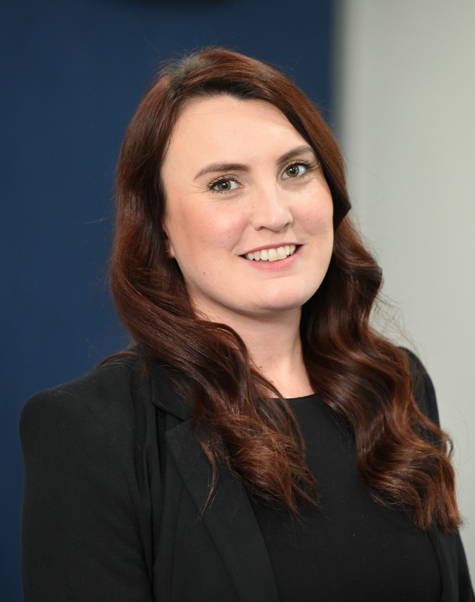



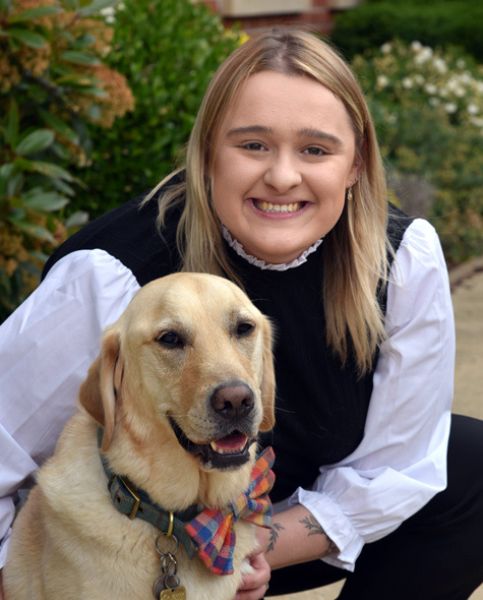

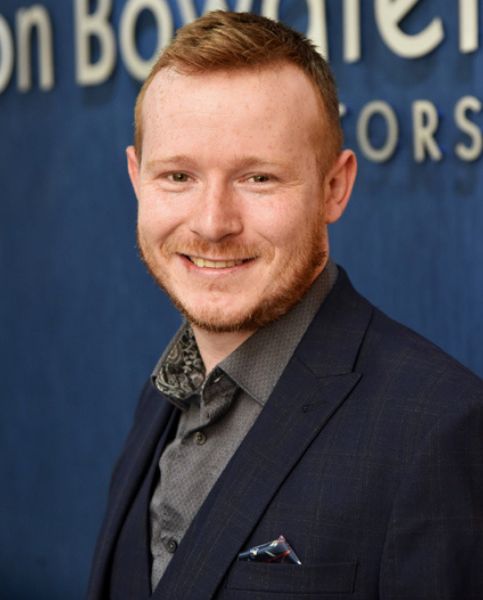
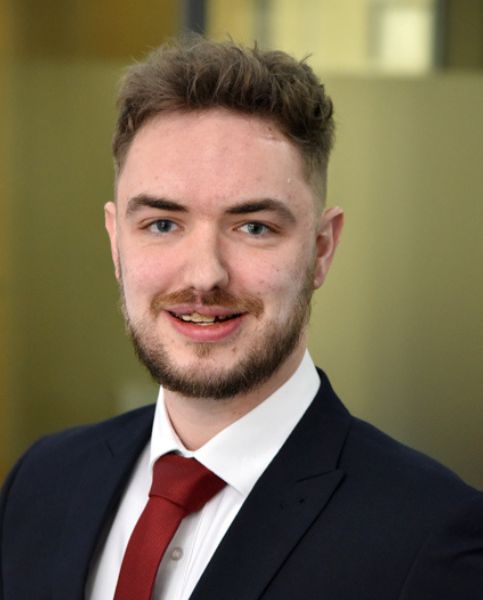
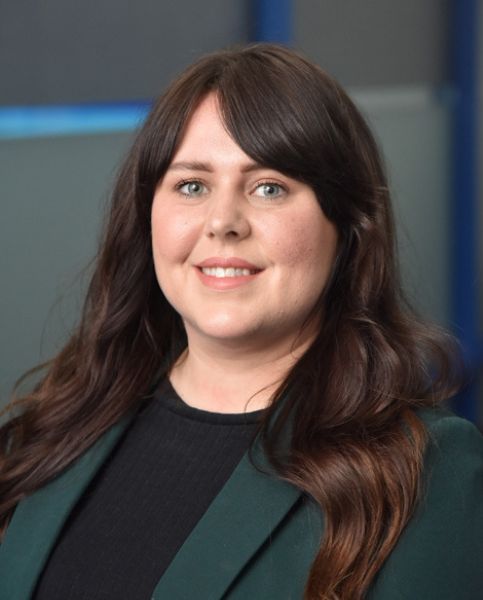

 Blog
Blog


 Podcast
Podcast
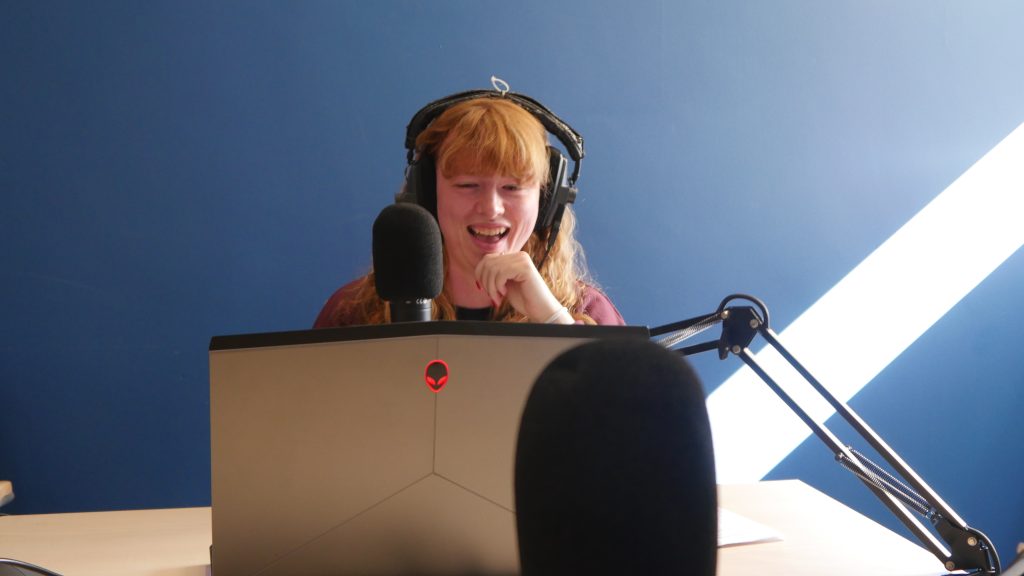




 Case Study
Case Study












